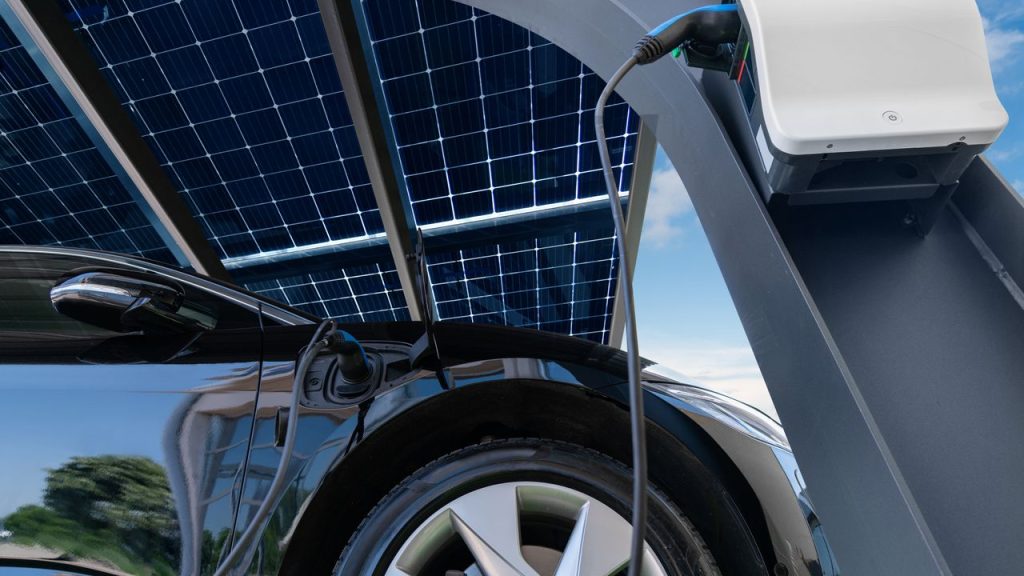EV Charging Network Management: Enhancing Efficiency and Convenience
As electric vehicles (EVs) continue to gain popularity, the need for a robust and efficient EV charging network becomes paramount. EV charging network management plays a crucial role in ensuring seamless operations and a hassle-free experience for EV owners. In this blog post, we will explore three key aspects of EV charging network management: charging network interoperability, charging network payment integration, and charging network remote control.
Charging Network Interoperability
One of the primary challenges in the EV charging industry is the lack of interoperability among different charging networks. Currently, EV owners often need multiple charging network accounts and access cards to charge their vehicles at different stations. This fragmentation can be inconvenient and time-consuming.
However, charging network interoperability aims to address this issue by enabling EV owners to access multiple charging networks using a single account or access card. This simplifies the charging process and enhances convenience. Additionally, interoperability promotes competition among charging network operators, leading to improved services and better pricing options for EV owners.
Charging Network Payment Integration
Another crucial aspect of EV charging network management is payment integration. Traditionally, EV owners have had to manage separate payment systems for different charging networks, which can be cumbersome and confusing. However, with charging network payment integration, EV owners can enjoy a seamless payment experience.
Payment integration allows EV owners to make payments using a single platform or app, regardless of the charging network they are using. This simplifies the billing process and eliminates the need for multiple payment accounts. Moreover, it provides transparency in charging costs, enabling EV owners to track their expenses more efficiently.
Charging Network Remote Control
Efficient management of an EV charging network requires real-time monitoring and control. Charging network remote control enables operators to remotely manage and monitor charging stations, ensuring optimal performance and minimizing downtime.
Remote control capabilities allow operators to monitor charging station availability, address any technical issues promptly, and optimize charging station utilization. This not only enhances the overall efficiency of the charging network but also improves the user experience for EV owners.
Conclusion
Effective EV charging network management is crucial for the widespread adoption and success of electric vehicles. Charging network interoperability, payment integration, and remote control are key elements that contribute to a seamless and convenient charging experience for EV owners.
By prioritizing these aspects, charging network operators can enhance the efficiency of their networks, attract more EV owners, and contribute to the growth of the electric vehicle industry as a whole.
References:
- Reference 1: [Insert reference link]
- Reference 2: [Insert reference link]
- Reference 3: [Insert reference link]


